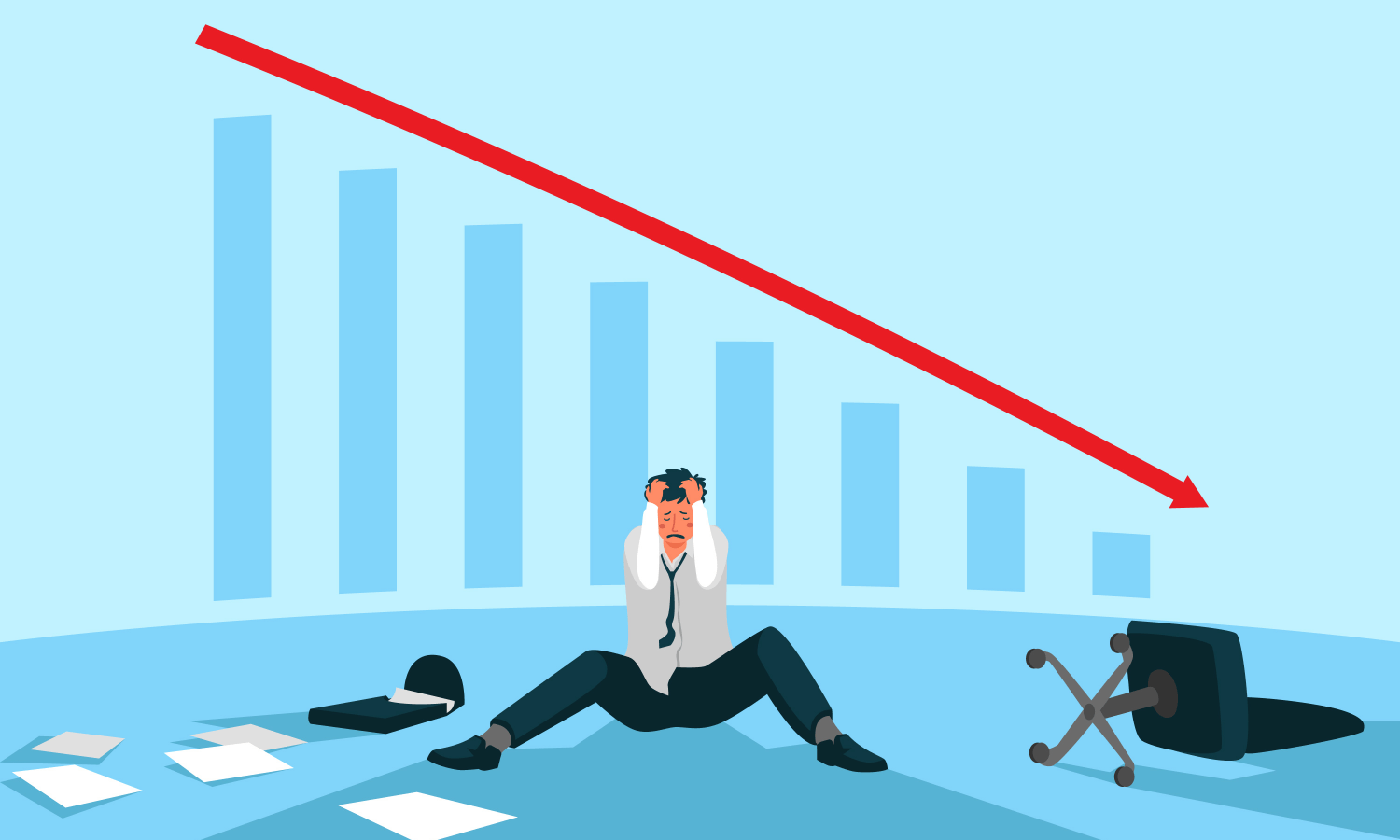Understanding the Unpredictability of the Stock Market
The short answer to predicting the next bear market is: no one knows. The markets are inherently unpredictable, and while some may have correctly guessed the last bear market, others will likely predict the next. The fact is, someone is always predicting a crash somewhere, and they have been right from time to time, just like a broken watch.
What We Know About the Stock Market
Despite the unpredictability, there are some certainties that have been observed over the years. Moneysense editor Michael McCullough notes that large market swings do not always happen overnight. Sometimes, stock prices can fluctuate over a period of time. For example, during the Dotcom bust, the Nasdaq Composite Index took 31 months to lose 78% of its value between March 2000 and October 2002.
Key Takeaways
There are a few key things to keep in mind when it comes to the stock market. Firstly, market fluctuations do not always reflect the current state of the economy. For instance, “Black Monday” in 1987 occurred more than three years after the next recession. Secondly, the markets are forward-looking and can fall simply because previous expectations were too optimistic. Lastly, the best days on the market often follow the worst days, and if you’re not invested, you’ll miss out.
The Importance of Staying Invested
A study by TD Asset Management in 2022 found that if you had invested $10,000 on December 31, 1991, it would have grown to $60,423 by December 31, 2021. However, if you had missed the top 1% of trading sessions during that period, you would have only earned $3,747. This highlights the importance of staying invested, even during turbulent times, to maximize your returns.
The Four Riders of the Financial Apocalypse
Large market meltdowns are often preceded by four phenomena: overvaluation, imbalance, shock, and loss of confidence. Understanding how these factors work together can help investors navigate the markets and make informed decisions.
Breaking Down the Four Riders
The four riders of the financial apocalypse are:
- Overvaluation: When the market value of assets exceeds their true worth.
- Imbalance: When there is a significant disparity between different sectors or asset classes.
- Shock: An unexpected event that disrupts the market, such as a global pandemic or economic crisis.
- Lack of Confidence: When investors lose faith in the market or the economy, leading to a decline in investment and a subsequent market downturn.
Conclusion
In conclusion, while it’s impossible to predict with certainty when the next bear market will occur, understanding the stock market and its tendencies can help investors make informed decisions. By recognizing the signs of a potential market downturn, such as overvaluation, imbalance, shock, and loss of confidence, investors can take steps to protect their investments and navigate the markets with confidence. Ultimately, staying invested and avoiding emotional decisions based on short-term market fluctuations is key to long-term success in the stock market.


